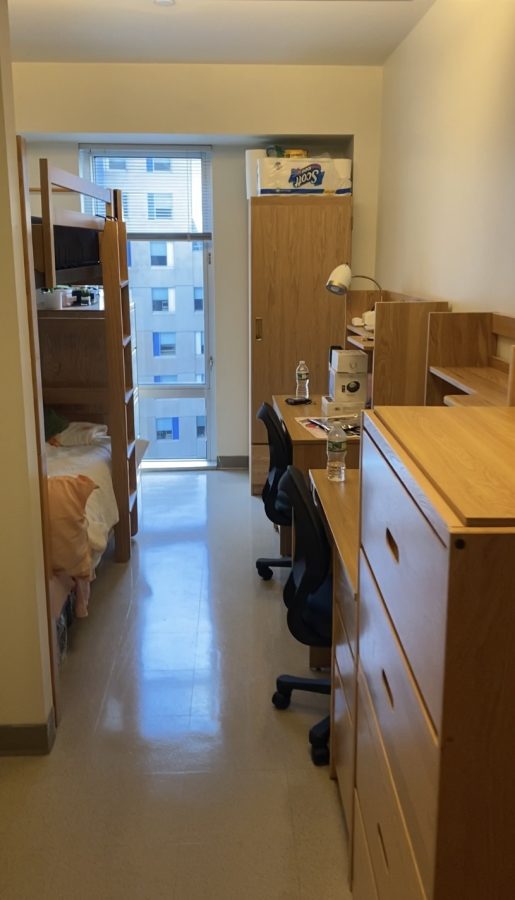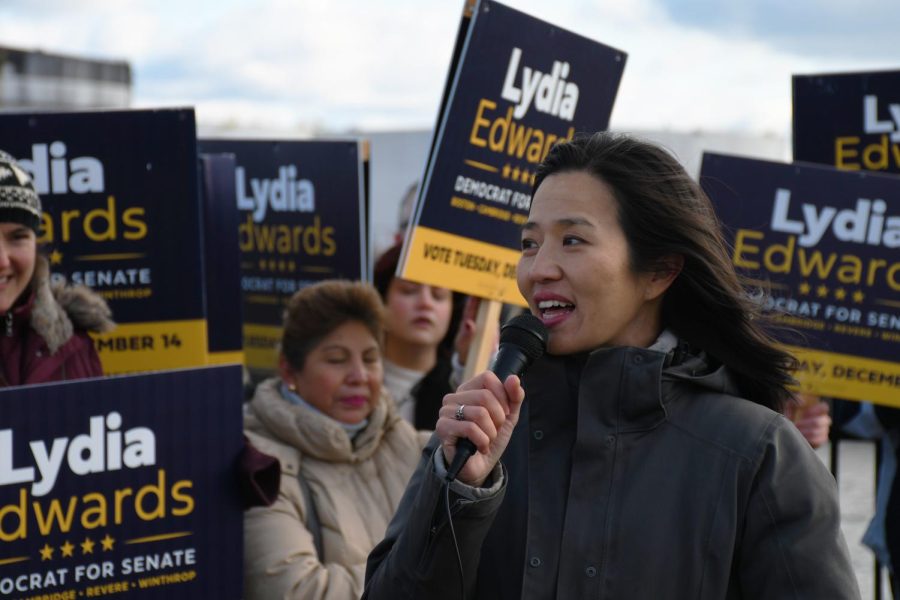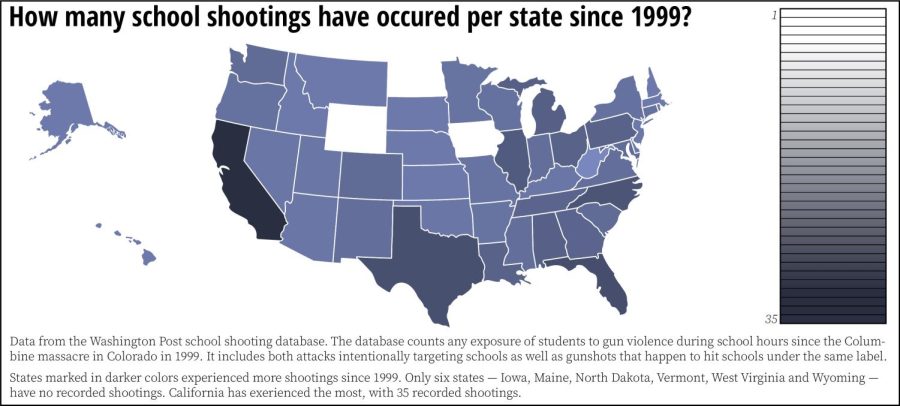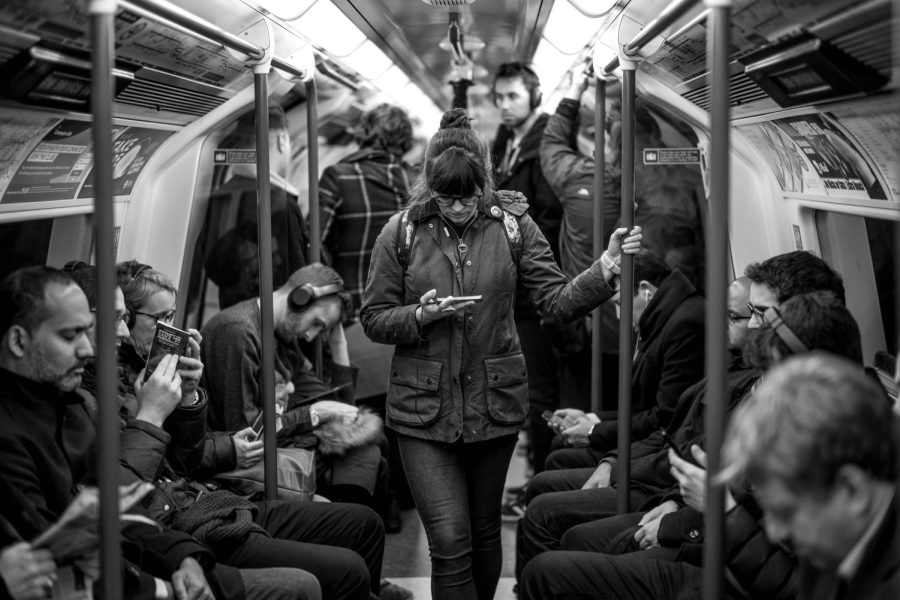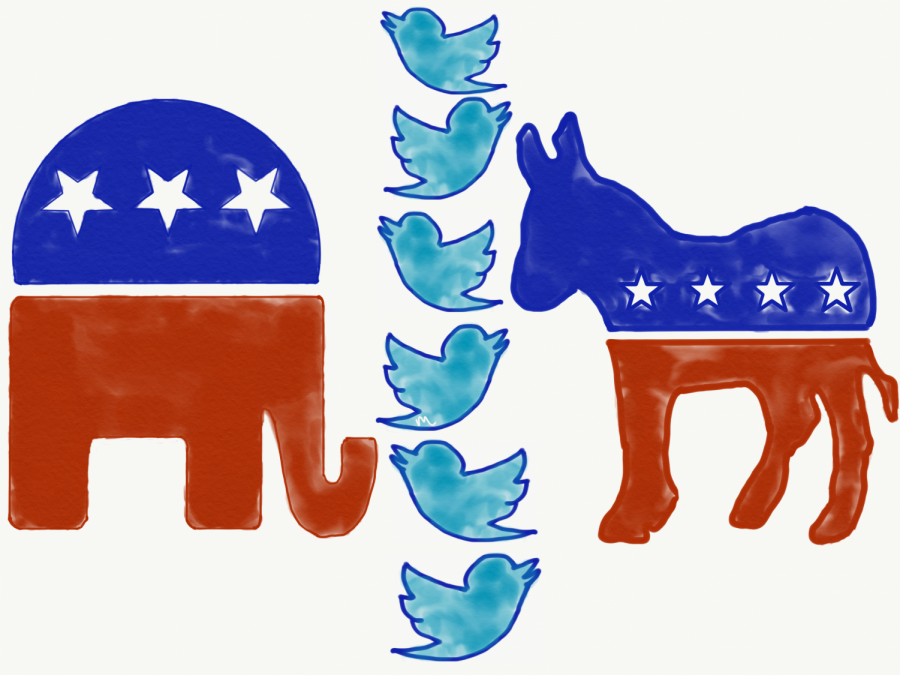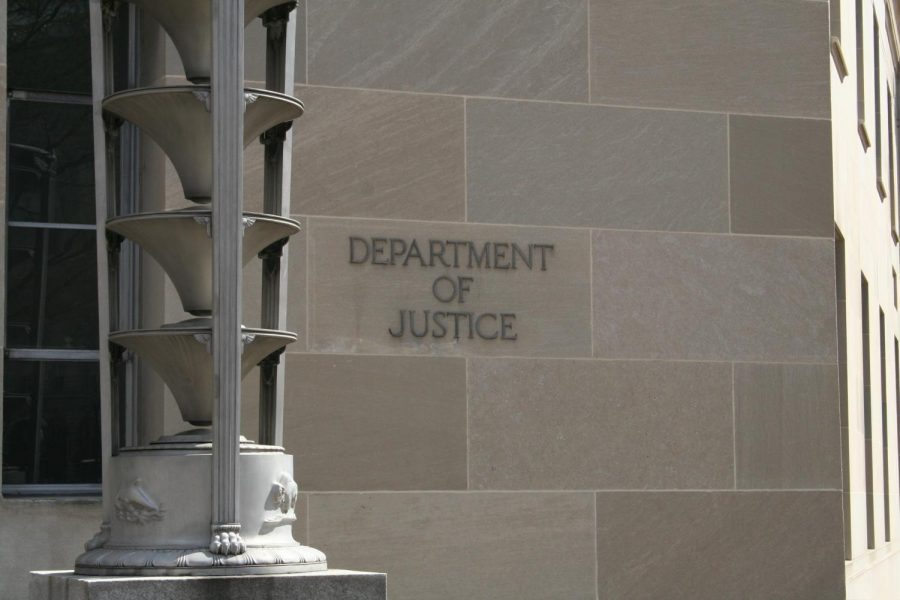By Alex Frandsen, editorial columnist
In a few days, there will be an election. And if you’re a college student, like most readers of this fine newspaper are, then I already probably know how you feel about this election.
I know, for instance, that you’re likely not happy about either Donald Trump or Hillary Clinton as a potential president. They are some of the most disliked candidates in history, and you have many reasons not to be huge fans. Clinton’s embarrassing email fiasco has raged on for months now, and her somewhat robotic nature makes it hard to stir up the same passion that you might have had for President Barack Obama eight years ago. Trump is a child dressed in a man’s clothing, and an ill-behaved one at that. He has denigrated women, made racist comments and generally cried about the world being against him when his own mistakes have cost him.
So sure, you have every reason to be unhappy about this election. But your unhappiness cannot turn into apathy, because the political system and climate that created Clinton and Trump won’t figure itself out once we pick a successor for Obama. It is a problem that is here to stay, and it will not change unless we work toward fixing it.
It feels like a big responsibility, taking on the task of repairing a broken political system. But, like most anything, it can be done if everyone does a tiny bit. The first area that we can each individually work on is the simplest but also maybe the hardest: Opening up our political discourse. If you discuss politics, then you most likely do it with people who harbor similar opinions. Democrats mainly like to talk to Democrats, and Republicans mainly like to talk to Republicans. This is human nature, partially, but it also speaks greatly to the polarization of our political system. Our two parties hate to interact, so why should we be any different?
But by doing so, we eliminate a critical cog in our democracy — conversation. If we are to be educated and responsible voters and citizens, then we owe it to ourselves to listen to other ideas, not just reject them because they contradict our views. You might not like what someone else has to say about the economy, but you owe it to yourself to hear them out and really consider what they’re saying. Their view is just as legitimate as yours, and it should be treated as such as long as there is some basis of fact behind it.
Another way to open up our national political discussion at the youth level is to overhaul how we get our news and commentary. At this age, in this world, Twitter has become the premier news source. And certainly it is an amazing tool, allowing us to amass hundreds of experts and outlets into one customized feed. The problem with it, however, is that we usually only follow those sources that affirm what we like to hear. If you’re with Trump, your feed will be Fox News and Drudge Report heavy. If you’re with Clinton, most likely you’re reading from places like Jezebel and MSNBC. This constant exposure to the same set of ideas creates an insular world that treats your own opinions like fact and opposing opinions like heresy.
Obviously, that is not a very good atmosphere for creating a political climate that seeks to create compromise. Broadening what you read and who you follow is a painless way to start reestablishing a society that reads to learn, not to reaffirm.
And simply put, if we want things to change, we have to get involved. Millennials are renowned for not voting, and in a troubling USA Today poll, it was revealed that 46 percent of millennials feel as if their vote does not matter. I’m not a math major, but if 46 percent of us don’t vote because we think it doesn’t matter, it will most likely come back to bite us in a way that does matter, in the form of leaders elected who do not truly represent our views. So please, please, please: Vote, and do it every chance you can. Local politics can feel boring, but that’s where change can start on a grassroots level. All those referenda and questions you hear we every so often can be dense and seem dull, but they provide critical opportunities to inflict our will directly onto the political system.
This has been a toxic election, and you are forgiven for feeling nauseous about it. But if our country is to heal from polarized and dysfunctional state we are mired in, we cannot let that nausea take hold permanently. This government belongs to us as much as it does to a 50-year-old banker in Dallas. Election day will not mark an end of anything. Instead, it is the start of a chance to rebuild our political system.



